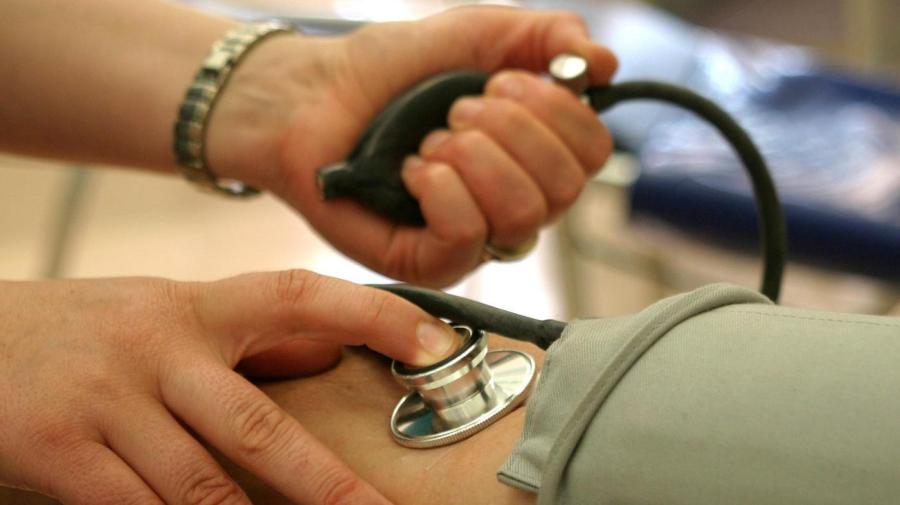When Should I See a Doctor About Low Blood Pressure?

A patient with low blood pressure, or hypotension, should see a doctor if he experiences dizziness, fainting, irregular heartbeat, breathlessness or chest pain, according to MedlinePlus. A fever of higher than 101 degrees Fahrenheit and maroon or black stools are also signs for a patient to speak with his doctor.
If a person passes out because of low blood pressure, medical treatment must be sought immediately, instructs MedlinePlus. A person nearby needs to call 911 or begin CPR if the unconscious individual isn’t breathing or doesn’t have a pulse.
Patients with hypotension who experience dizziness are encouraged by the American Heart Association to talk to their doctors. These individuals are also urged to keep records of their symptoms and the activities in which they were participating when the symptoms occurred.
A blood pressure reading of less than 120/80 mmHg is considered optimal by the American Heart Association. There isn’t a specific reading that is too low unless other symptoms are present. For example, a blood pressure of 85/55 mmHg is not concerning unless the patient is also experiencing dizziness, fainting, nausea, blurred vision, dehydration or other symptoms. A sudden drop in blood pressure is also not concerning unless other symptoms are present.
Having low blood pressure could mean that the brain, heart and other body parts aren’t getting enough blood, states MedlinePlus. Causes of hypotension include sudden changes in body position and medications or other substances. Severe cases may be caused by heart attack, severe infection, sudden blood loss or severe reaction to an allergy.





